Actuaries Survival Guide by Fred E.Szabo
$15.00
Product Include:
File size:
Actuaries Survival Guide by Fred E.Szabo
**More information:
Get Actuaries Survival Guide by Fred E.Szabo at Salaedu.com
Description
Key Features
- Includes details on the new structures of the Society of Actuaries’ (SOA) and Casualty Actuarial Society (CAS) examinations, as well as sample questions and answers
- Presents an overview of career options, includes profiles of companies & agencies that employ actuaries.
- Provides a link between theory and practice and helps readers understand the blend of qualitative and quantitative skills and knowledge required to succeed in actuarial exams
- Includes insights provided by over 50 actuaries and actuarial students about the actuarial profession
- Author Fred Szabo has directed the Actuarial Co-op Program at Concordia for over fifteen years
Description
What would you like to do with your life? What career would allow you to fulfill your dreams of success? If you like mathematics-and the prospect of a highly mobile, international profession-consider becoming an actuary.
Szabo’s Actuaries’ Survival Guide, Second Edition explains what actuaries are, what they do, and where they do it. It describes exciting combinations of ideas, techniques, and skills involved in the day-to-day work of actuaries. This second edition has been updated to reflect the rise of social networking and the internet, the progress toward a global knowledge-based economy, and the global expansion of the actuarial field that has occurred since the first edition.
Readership
Actuarial mathematics students, career-minded students in courses such as macroeconomics, microeconomics, finance, and business, and for beginning professionals who are interested in career alternatives
ABOUT THE AUTHOR
Author of:
The Linear Algebra Survival Guide, 1st Edition
Actuaries’ Survival Guide, 2nd Edition
Actuaries’ Survival Guide, 1st Edition
Linear Algebra: An Introduction using Maple, 1st Edition
Linear Algebra: An Introduction using Mathematica, 1st Edition
Fred E. Szabo is professor in the Department of Mathematics and Statistics at Concordia University in Canada. He completed his undergraduate studies at Oxford University under the guidance of Sir Michael Dummett and received a Ph.D. in mathematics from McGill University under the supervision of Joachim Lambek. After postdoctoral studies at Oxford University and visiting professorships at several European universities, he returned to Concordia University as a faculty member and dean of graduate studies. For more than twenty years, he developed methods for the teaching of mathematics with technology. In 2012 he was honored at the annual Wolfram Technology Conference for his work on “A New Kind of Learning” with a Wolfram Innovator Award. He is currently professor and Provost Fellow at Concordia University.
1 review for Actuaries Survival Guide by Fred E.Szabo
Add a review Cancel reply
Related products
Financial Development Course
Financial Development Course
Financial Development Course
Financial Development Course
Financial Development Course
Financial Development Course
Financial Development Course
Financial Development Course

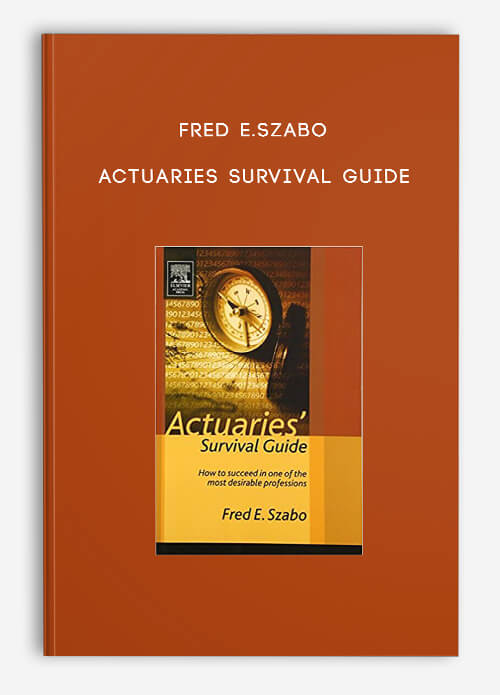
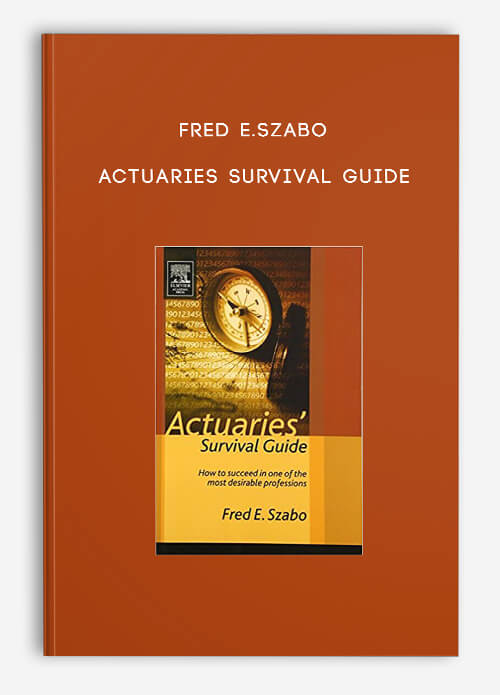
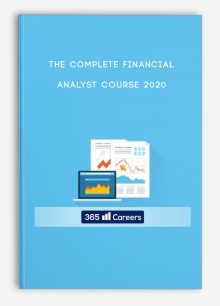
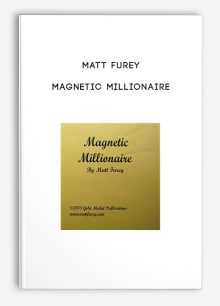

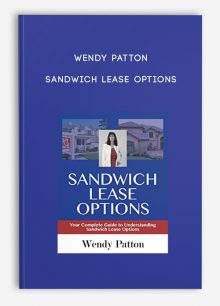
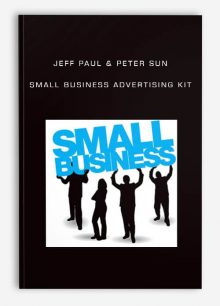
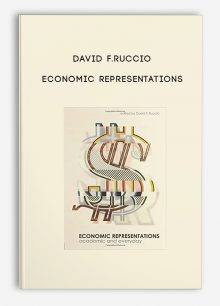
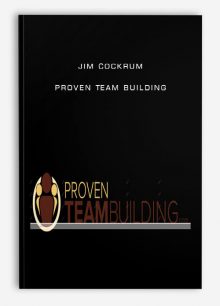

king –
We encourage you to check Content Proof carefully before paying.“Excepted” these contents: “Online coaching, Software, Facebook group, Skype and Email support from Author.”If you have enough money and feel good. We encourage you to buy this product from the original Author to get full other “Excepted” contents from them.Thank you!